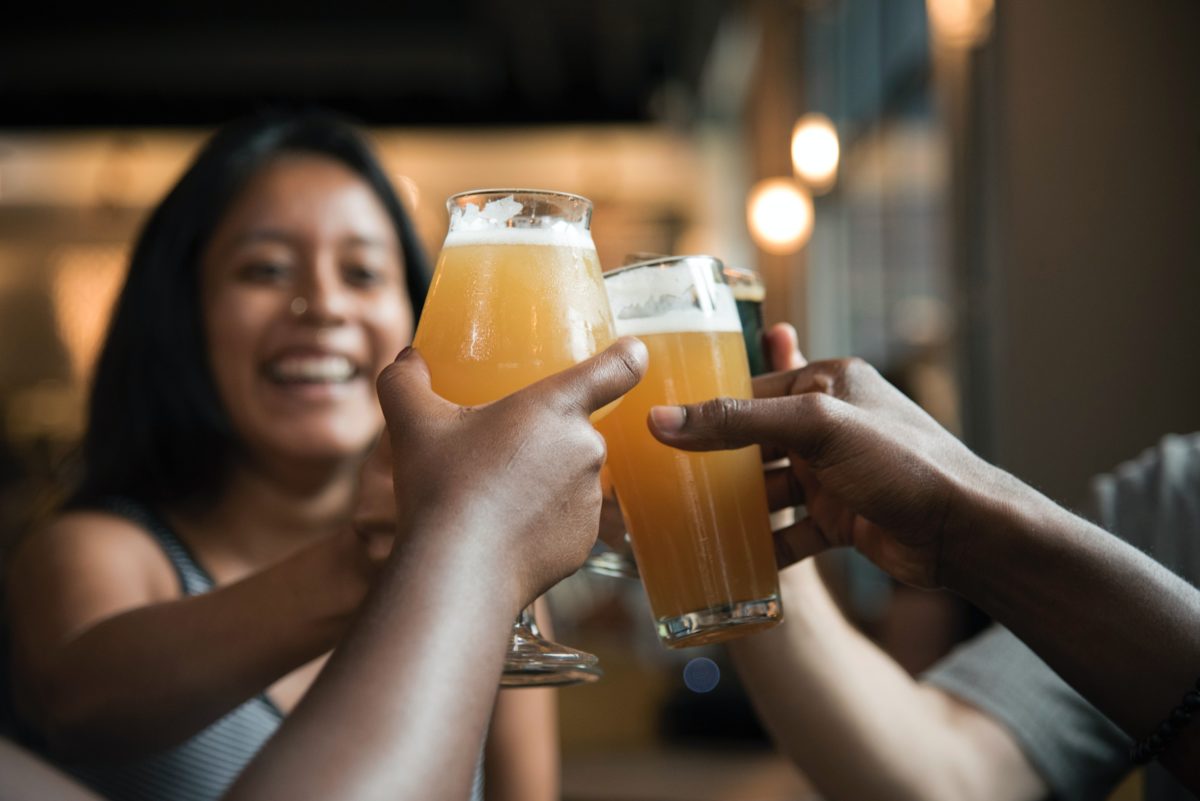The Legal Implications of Drinking and Driving
By H&H Admin
South Africans have a culture of driving under the influence of alcohol which often leads to serious damage to property, injury, death and imprisonment and many people.
Sadly, drinking and driving during the festive season, has become a norm in South Africa, resulting in members of the South African Police Service (“SAPS”) ruthlessly implementing the law and frequently conducting road blocks during this period.
Is drinking and driving a criminal offence in South Africa?
Yes it is. Section 65 of the National Road Traffic Act 93 of 1996 (the “NRA”’) sets out the legal limits and prohibitions for driving whilst under the influence of alcohol. It stipulates that no one shall drive or even occupythe driver’s seat of a motor vehicle on a public road if they are over the legal limit.
What is the legal limit?
In terms of the NRA, no person shall operate a motor vehicle whilst having more than 0.05 gram per 100ml in their blood. When being breathalysed not more than 0.24mg per 1,000ml, however Parliament plans on changing the laws by this December to zero alcohol in a person’s blood.
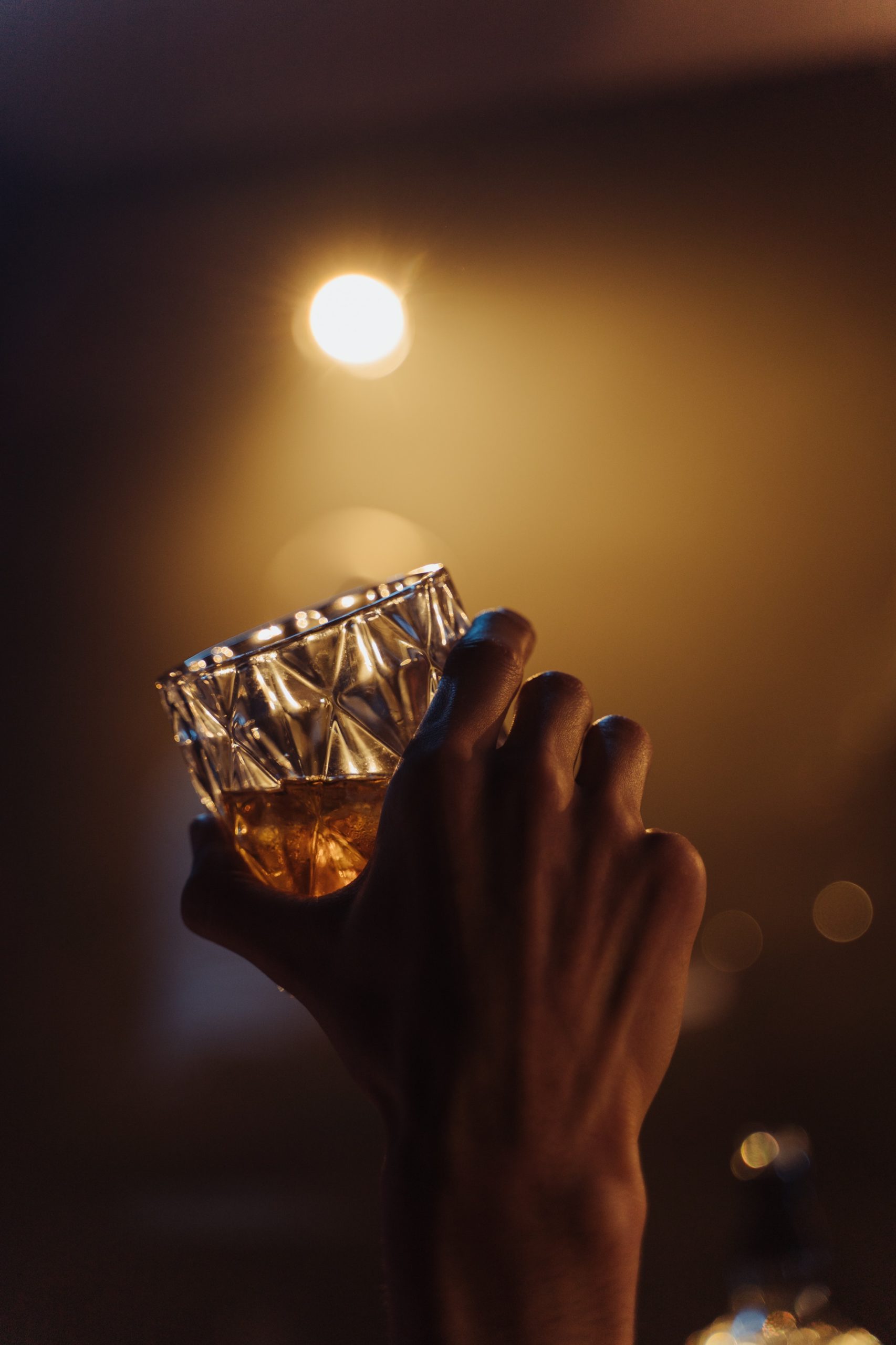
What happens when you are caught drinking and driving?
A law enforcement official, (a member of SAPS or Metropolitan Police), has the discretion to choose whether they want to use a breathalyser or not.
If you are breathalysed or if it is clear that you are under the influence, or are over the limit, you will be arrested. You must furnish your details to the law enforcer. Should you give false information, you will have further charges to your name.
Once you have been arrested, the officer will take you into custody. In terms of Section 37, you cannot refuse permission for a blood test to be taken, however you are entitled to have your medical practitioner present and you can request to see the sealed needle and syringe when being tested.
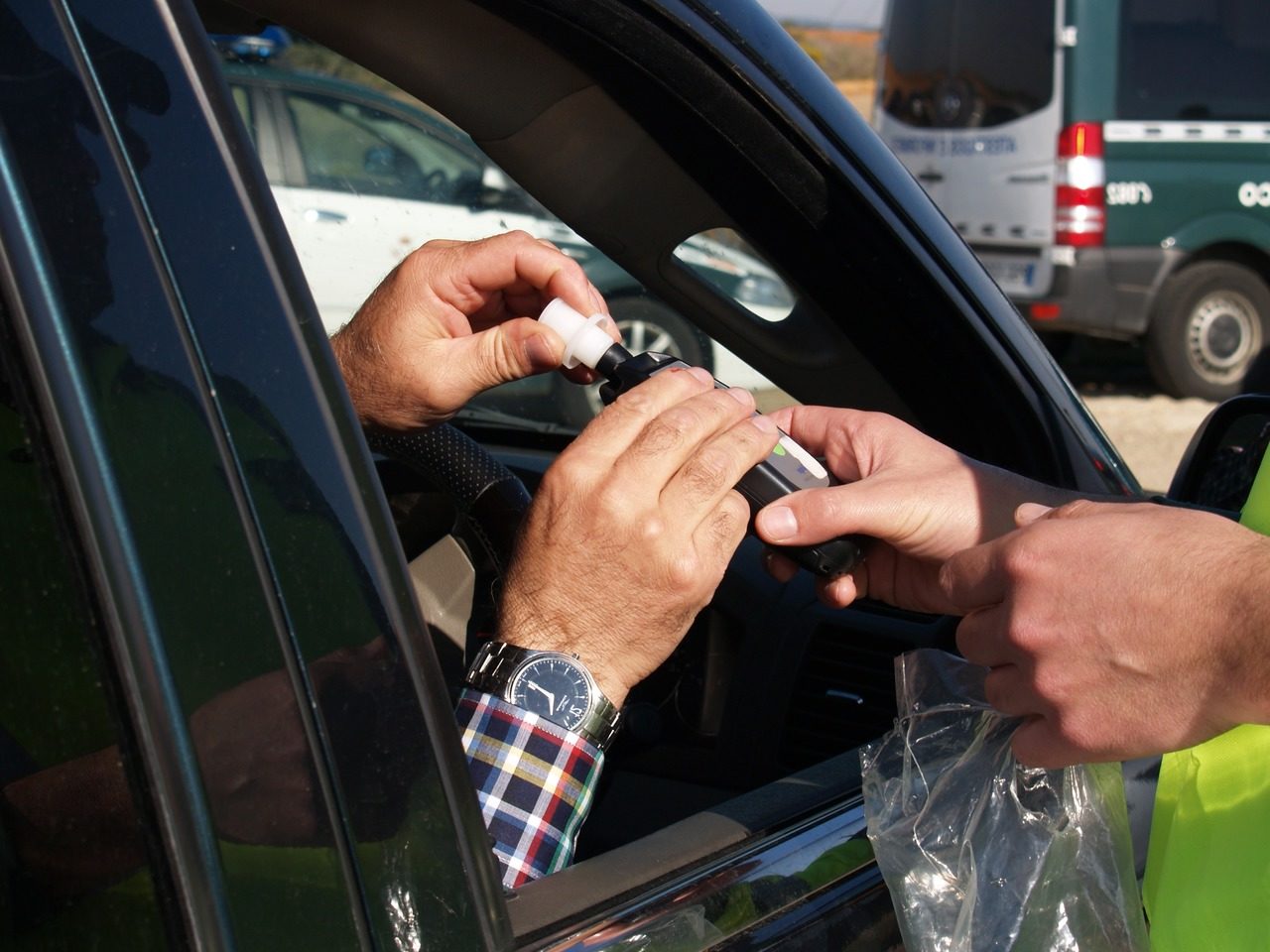
What happens if I refuse to get tested for alcohol in my blood?
Should you refuse to have your blood taken and the office needs to take further measures, a police order, knows as a SAP308, will be handed down. This form is to be completed by the officer and then handed to the medical practitioner present. SAP308 specifically instructs the medical practitioner to determine the alcohol levels. Should the medical practitioner disobey the order, they too can be charged for obstructing the ends of justice.
If a medical practitioner did not receive this order prior to the examination, the touching of, or introduction of a needle into the body will be interpreted as an assault.
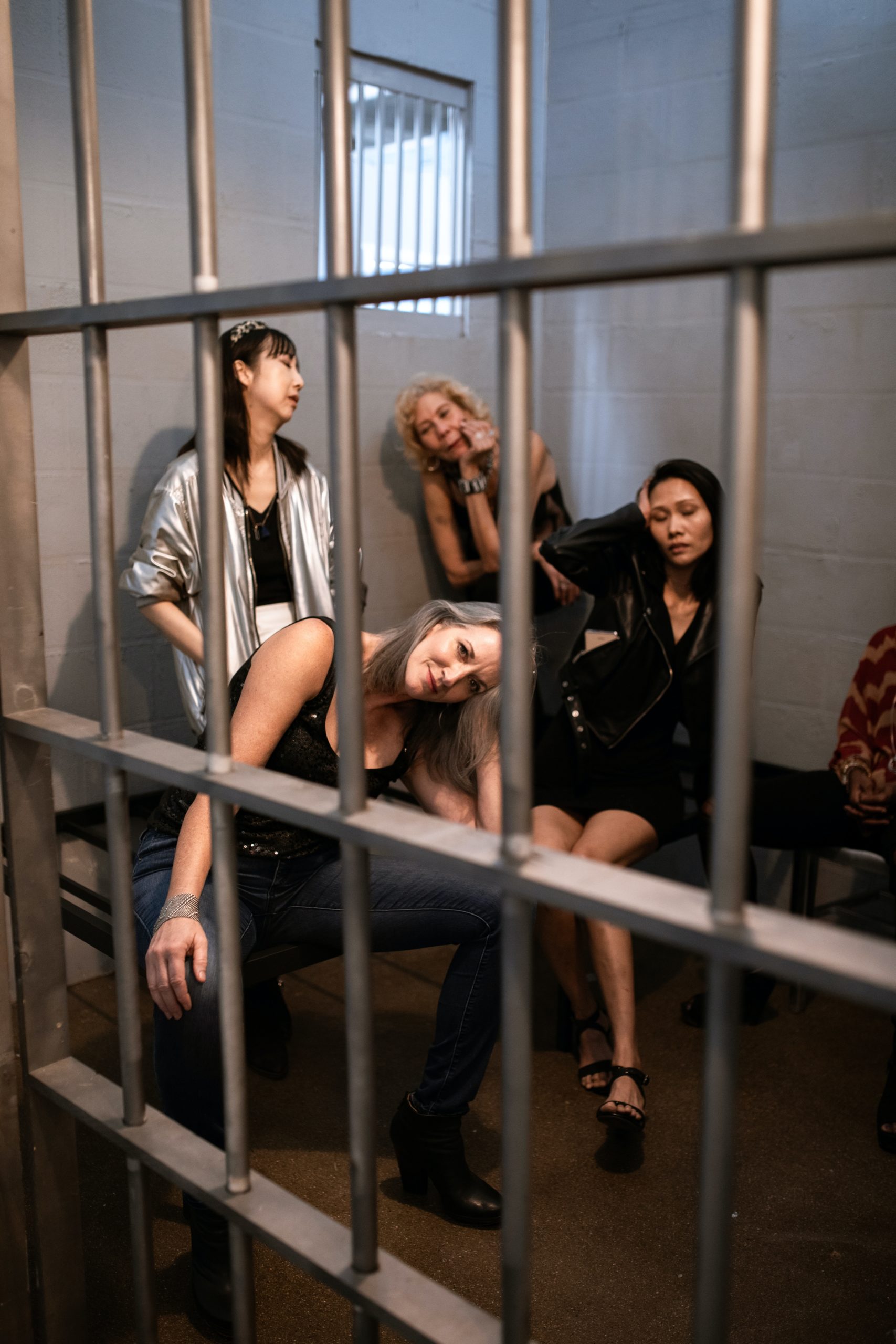
How will they decide to conduct tests to prove I am over the limit?
However, prior to the medical practitioner conducting the blood testing, he or she will conduct an evaluation to ascertain whether there is sufficient evidence to prove intoxication.
The evaluation includes the accused person’s appearance with particular attention given to:
- Clothing. Does the person appear neat or dishevelled, (are their buttons done up properly, is the belt buckled correctly, is their fly unzipped etc?)
- The smell or alcohol on their clothing or breath
- The presence of puke
- General demeanour, e.g., is the person, argumentative, aggressive, coherent?
The onus will be upon your legal representative to argue that you are not over the limit and your conduct is everyday normal behaviour.
Thereafter, a docket will then be opened which will be sent to the investigating officer who will follow up on the results.
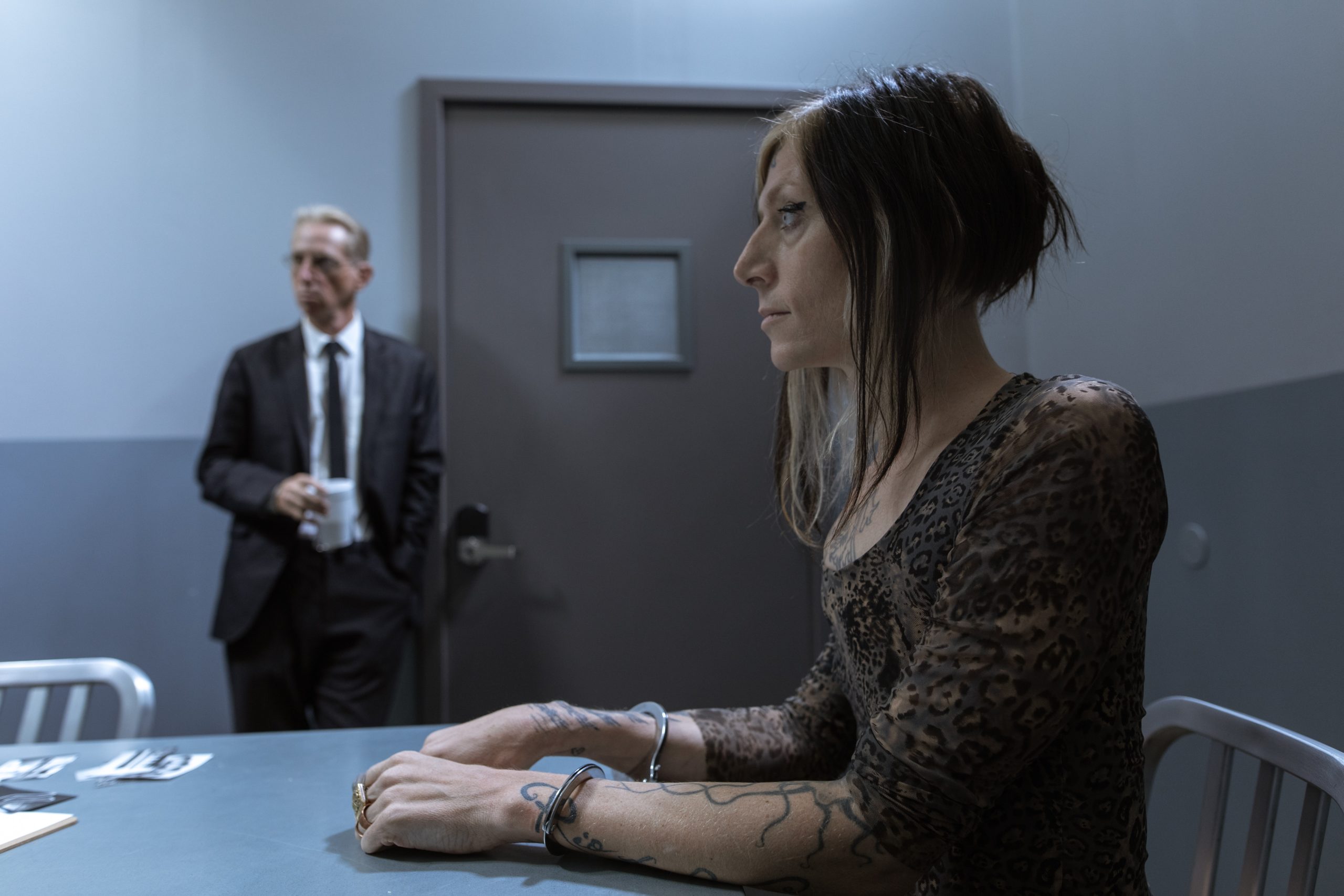
What happens after I get arrested for driving under the influence?
You will be detained in a holding cell until you are granted bail or make an appearance in court. This needs to be done within 48 hours. Weekends are not included in the 48 hours so, if you are arrested over a weekend, chances are you will be detained for longer than 48hours. The maximum amount of time you could spend in a holding cell if you are arrested over the weekend is 72 hours.
On the day of your court appearance, the Magistrate will grant bail should he find that it is in the interest of justice. Your bail can be extended or postponed for 7 working days should the magistrate find the need to postpone your bail.
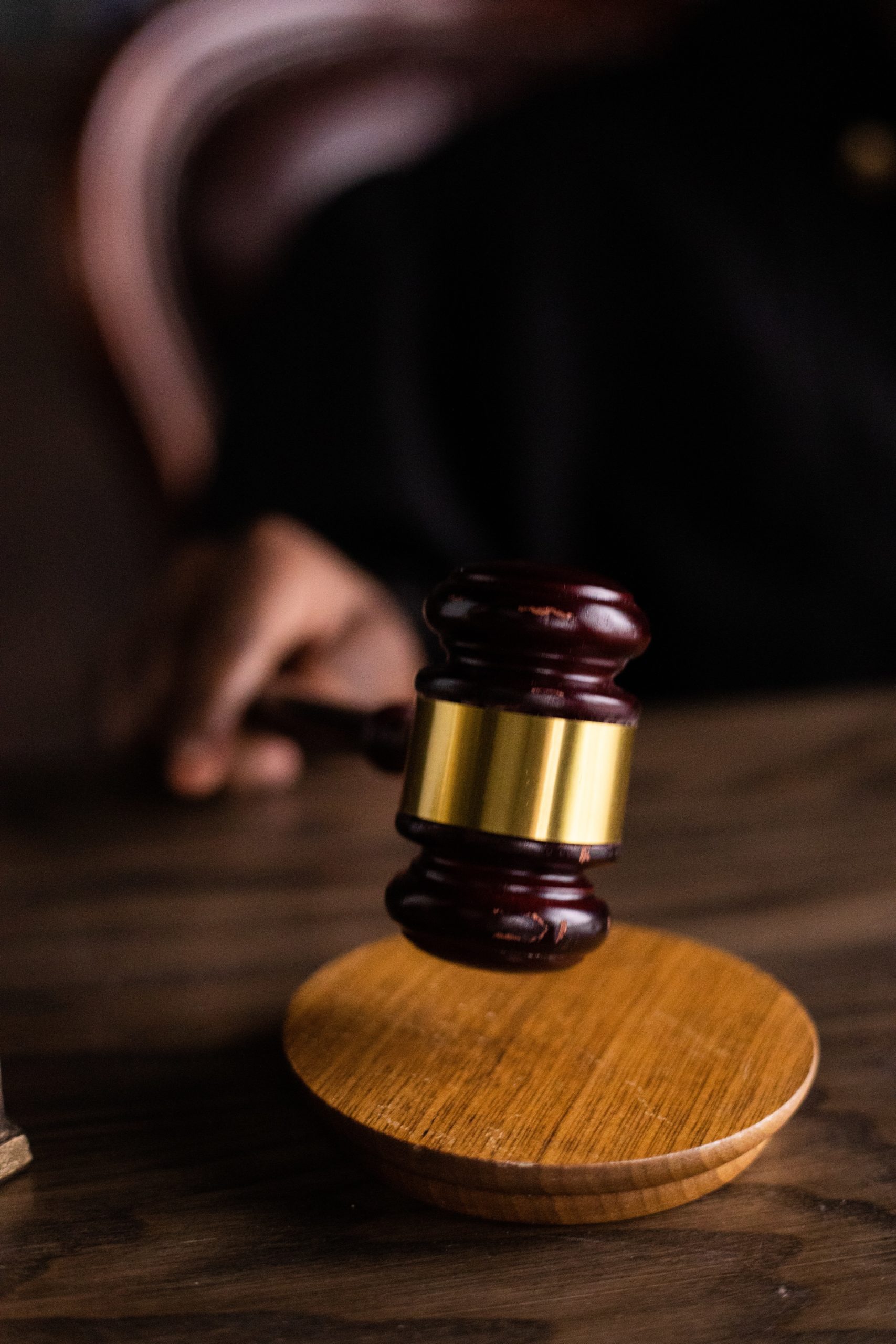
What is the legal consequences of drinking under the influence? What is the punishment for drunk driving in South Africa?
If convicted of drunk driving, you face imprisonment of up to 6 years or a fine. The fine is set at a minimum amount of R2,000.00. You also face the risk of having your driver’s license suspended.
The court has the discretion to hand down a suspend sentence on condition that you do not drink and drive again.
Will I have a criminal record if I am found guilty of drunk driving?
Yes, you will have a criminal record up to 10 years.
It is of vital importance to appoint a specialist drunk driving attorney to ensure that your matter gets argued in such a manner that it will not lead to imprisonment and/or a criminal record.
Source: Burger Huyser Attorneys
